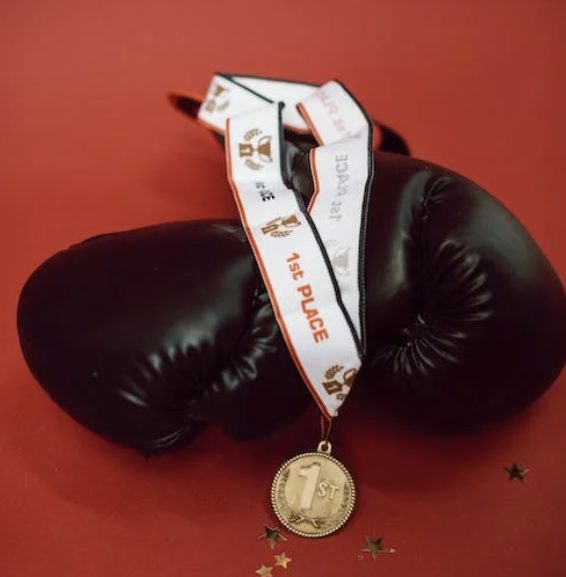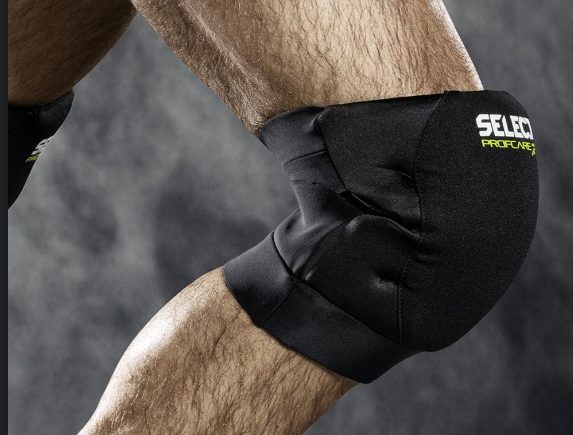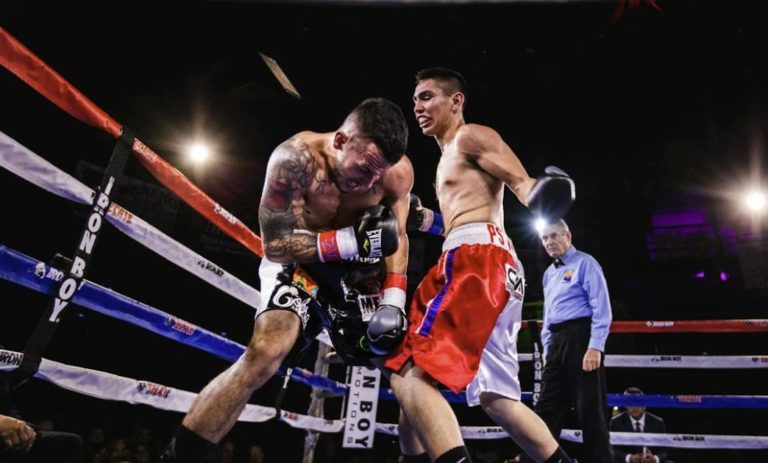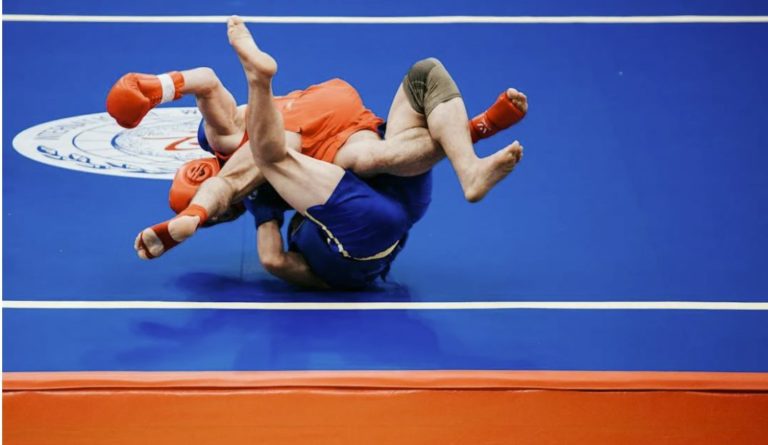Do Amateur Boxers Get Paid? Exploring the World of Amateur Boxing Finances
Boxing is a sport that has been around for centuries and is enjoyed by millions of people around the world. While many casual fans may assume that all boxers are paid the same, this is far from the truth. In both professional and amateur boxing, the majority of boxers struggle to make ends meet.
This article will delve into the topic of whether or not amateur boxers get paid and explore possible ways they can earn money. It will also discuss how much amateur boxers can make from grants, expenses paid, and day jobs.
Key Takeaways
- Amateur boxers do not get paid for their fights.
- Some ways that amateur boxers can earn money include grants, expenses paid, and day jobs.
- The financial gap between amateur and professional boxing is significant.
Do Amateur Boxers Get Paid?
Amateur boxers do not receive payment for their fights, according to the USA Boxing Rulebook. They are not allowed to fight for money or receive any remuneration for their participation in amateur boxing events. This includes compensation for endorsements or teaching other boxers. As a result, many amateur boxers feel pressure to turn professional in order to earn money from boxing. Professional boxers earn money through pay-per-view fights and boxing as a show business. However, it can take a long time for boxers to gain the experience and fighting records necessary to become professional boxers and earn money from their fights.
How Much Do Amateur Boxers Make?
While amateur boxers do not receive any official pay, there are various ways they can make money. This section will discuss the three main ways an amateur boxer can earn money: grants, expenses paid, and holding down a day job.
Grants
One way an amateur boxer can earn money is through grants. While this is not very common in the United States, where boxing is mainly funded by private companies and individuals, in countries where boxing is seen as part of the institution, amateur boxers are supported. For example, the former Soviet Union had a thriving amateur boxing scene because the government actively supported training and funded boxing in education. Additionally, the Olympic Committee provides grants for amateur boxers aiming to compete in the Olympic trials.
Expenses Paid
Another way an amateur boxer can make money is by having their expenses paid by a sponsor or supporting organization. Training and traveling for boxing can be expensive, with costs including meals, travel, lodging, and training fees. For example, USA Boxing can help cover costs for an amateur boxer who shows potential and is preparing for the Olympic trials. Having these costs covered allows the boxer to focus solely on training.
Day Job
The most common way an amateur boxer makes money is by holding down a day job. Many amateur and professional boxers rely on a steady form of income before reaching their first million dollars by fighting on the main card. Even some professional boxers became title challengers while working regular jobs. For instance, Anthony Nieves fought for the WBO bantamweight title while working as a banker, and Joe Smith Jr fought Bernard Hopkins while working in construction. As a beginner professional boxer, it takes a lot of time, effort, and luck to reach the pay grade of a Manny Pacquiao or Floyd Mayweather, two of the highest-paid boxers in history.
In conclusion, while amateur boxers do not earn a salary, they can still make money through grants, expenses paid, and holding down a day job. These options allow amateur boxers to pursue their passion while still earning a living.
Conclusion
Boxing is a tough sport, and making a living out of it is even tougher. This is true for both amateur and professional boxers. At the professional level, only the top 1% of boxers make the most money. However, the purses that are advertised on the news are subject to many deductions, and the income is not steady. The highest paid boxers have to pay for promoter costs, coach and cutman salaries, management fees, and recovery/nutrition fees. In reality, a pro boxer can sign a contract for a million-dollar purse and only take home $50,000.
This is why many professional boxers and even boxing referees make money in other ways, such as brand endorsements or advertising. In rare situations, some pro boxers bet on themselves to make a little more money. However, the reality is that boxing is a show business, and whoever controls the show makes the most money.
Injuries are also a common struggle for boxers. Floyd Mayweather Jr. and Manny Pacquiao are two of the most popular and successful boxers of all time, but they both suffered from injuries throughout their career. Despite the physical toll, they continued to fight and entertain audiences.
The transition from amateur to pro boxing can be challenging. Boxers like Anthony Joshua and Conor McGregor had successful careers in the early stages of their boxing experience, but it took time for them to become world champions. Popularity is also a factor in making money in boxing. The more popular a boxer is, the more likely they are to earn a higher purse and pay-per-view revenue.
Frequently Asked Questions
How do amateur boxers get compensated for their matches?
Amateur boxers typically do not receive financial compensation for their matches. According to the USA Boxing Rulebook, amateur boxers are not allowed to fight for money, which includes compensation for teaching another boxer or brand endorsements. However, there are some exceptions, such as the Olympic Games, where amateur boxers may receive a stipend or prize money for their participation.
What financial opportunities exist for boxers in amateur tournaments?
While amateur boxers do not receive direct financial compensation for their matches, there are other financial opportunities available. For example, winning an amateur tournament may come with a cash prize or scholarship. Additionally, some amateur boxers may receive funding from grants or sponsorships to cover training and travel expenses.
Can amateur boxers earn money through sponsorships or endorsements?
Amateur boxers are not allowed to earn money through sponsorships or endorsements, according to the USA Boxing Rulebook. However, some boxers may receive non-monetary compensation, such as free equipment or training, from sponsors.
What is the process for an amateur boxer to transition to professional to earn a salary?
To transition from amateur to professional boxing, a boxer must obtain a license from the state athletic commission. They must also have a certain number of amateur fights under their belt, depending on the state. Once licensed, professional boxers can earn a salary through fight purses, sponsorships, and endorsements.
Are there any legal ways for amateur boxers to receive payments for their boxing activities?
Amateur boxers are not allowed to receive direct payments for their boxing activities, according to the USA Boxing Rulebook. However, there are some exceptions, such as the Olympic Games, where amateur boxers may receive a stipend or prize money for their participation.
How does the compensation of amateur boxers compare to that of professional boxers?
Professional boxers typically earn much more than amateur boxers. While the earnings of professional boxers can vary greatly depending on their level of success and popularity, top professional boxers can earn millions of dollars per fight. In contrast, amateur boxers do not receive direct financial compensation for their matches and must rely on other financial opportunities, such as scholarships and grants.







